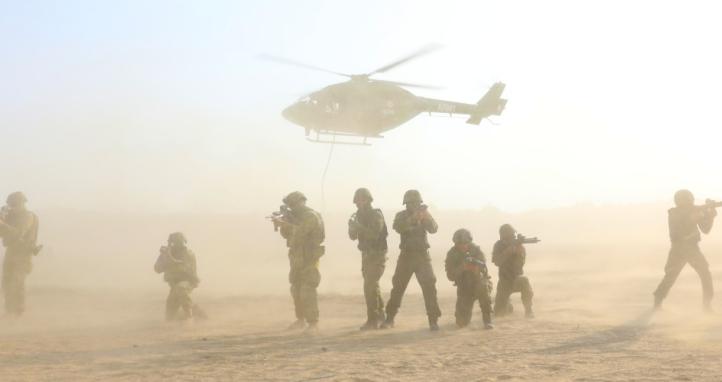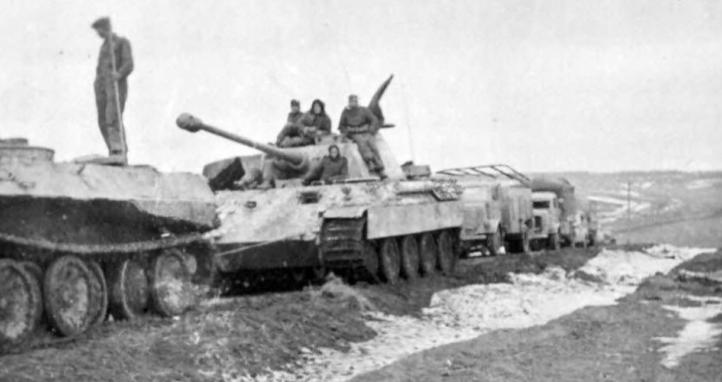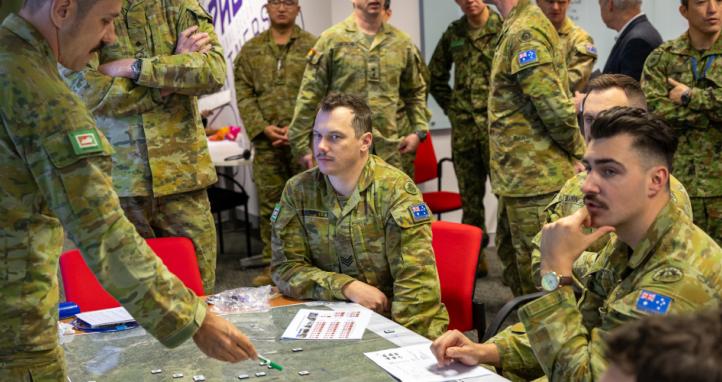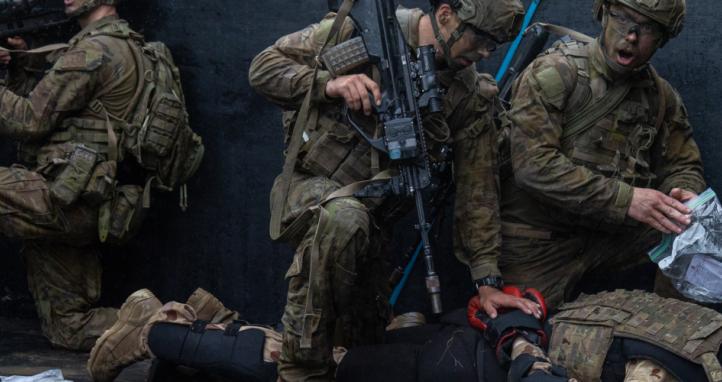Find online and physical copies of 'The Turn of the Tide' from the Trove National Library Australia.
To the casual observer Lord Alanbrooke appeared to be a man of iron, perfectly sure of himself and supremely competent. The diaries reveal the strains and stresses to which he was subjected and the very human side of this great man.
– Lord Attlee
Every now and then a book comes along that provides a remarkable and unexpected surprise. For me this came in the form of a scruffy looking volume at a second-hand book fair in Canberra, where for a few dollars I randomly picked out Arthur Bryant’s The Turn of the Tide. First published in 1957, with World War Two still relatively fresh in the global memory, it chronicles the journey of Field Marshal, The Viscount Alanbrooke, from his role as a Corps Commander in the ill-fated British Expeditionary Force (BEF) in Belgium and France during 1939-40 through until The 'Turn of the Tide' in 1943, when the Allies slowly but surely wrested the initiative from their Axis enemies.
In this, the first of two volumes of Alanbrooke’s diaries (the second is Triumph in the West 1943–1946), Arthur Bryant cleverly blends together three dimensions to create a fascinating and unique chronology of the war. Bryant’s own narrative, which is precise and very readable, is the conduit for the other two dimensions: Alanbrooke’s diaries and his post war notes written upon re-reading the diaries. Bryant’s ability to skillfully tie together his own considered narrative with well chosen selections from Alanbrooke’s honest and thoughtful diaries provides the reader a vivid story. While based mainly on Alanbrooke’s original diaries, which he wrote and regularly mailed to his wife during the war, Bryant ably weaves in Alanbrooke’s post war commentary to provide an interesting and often moderating view on words scribed in the heat of the moment.
That the subject of this book is Alanbrooke, there is no doubt. There are indeed, however, two men that fight for centre stage. Of course Alanbrooke is the lead; but his principal companion is Winston Churchill. In fact, without Churchill the book would be no where near as remarkable. It is partly because of Churchill that Alanbrooke presents as such a powerful character. Constantly having to manage his incorrigible and somewhat erratic leader, Alanbrooke is portrayed by Bryant as a man comprehensively in control and eminently capable of dealing with any responsibility. He is a powerful man indeed. The diaries; however, also show a different side of this great commander.
Bryant, through the diaries delicately portrays Alanbrooke’s humanness; his devotion to family, his love of bird watching, his garden and photography. Explored also are Alanbrooke’s human foibles, like his all too frequent exasperation with Churchill. Bryant identifies and explores some enigmatic aspects of Britain’s most senior World War Two military chief. While he seemed '…perfectly sure of himself and supremely competent…' to all around him, his diary entries show professional self doubt and critique of his own decisions and handling of war matters, as well as his fears as to the progress of the war. Today, few leaders, if any, could even imagine the staggering burden under which Alanbrooke existed for such a long period. National survival was at stake.

Image: Yalta Summit 1945 with Churchill, Roosevelt, and Stalin
Beyond the portrayal of a fine military leader, Bryant describes to the reader some enduring axioms of war. He cites numerous seemingly absurd examples of inter-service and inter-agency rivalry that with the wisdom of hindsight should have been overcome in the circumstances; yet with over seventy years of analysis and consideration it is staggering that similar issues continue to be struggled with today. He alludes to the importance of high quality staff work that supported the preparation of senior officers for committees and Allied strategy conferences like those in Casablanca, Moscow and Québec. Bryant invests significant time describing and analysing through his own and Alanbrooke’s eyes the stresses and machinations of keeping a coalition strong and functional, an issue as relevant today as ever before. And of course, he examines the relationship between the military professional, armed with experience and judgment, and the democratically elected politician, who will often look at military matters through a very different lens.
Eminently readable, this book is a must for a wide audience. Students at Staff College would do well to read it and write on its subject. Officers in high office, and the staff officers serving them, would benefit from its words and thoughts. Even the more literary adventuresome young regimental officers would benefit from reading it. While there are many lessons to be drawn from this book, the golden thread that ties it all together is people and their relationships; it is almost exclusively about people dealing with each other. 'Whether as enemies they fought, or with us, or neither'[1], people are the essence of war and this is wholly evident in this fine book.









